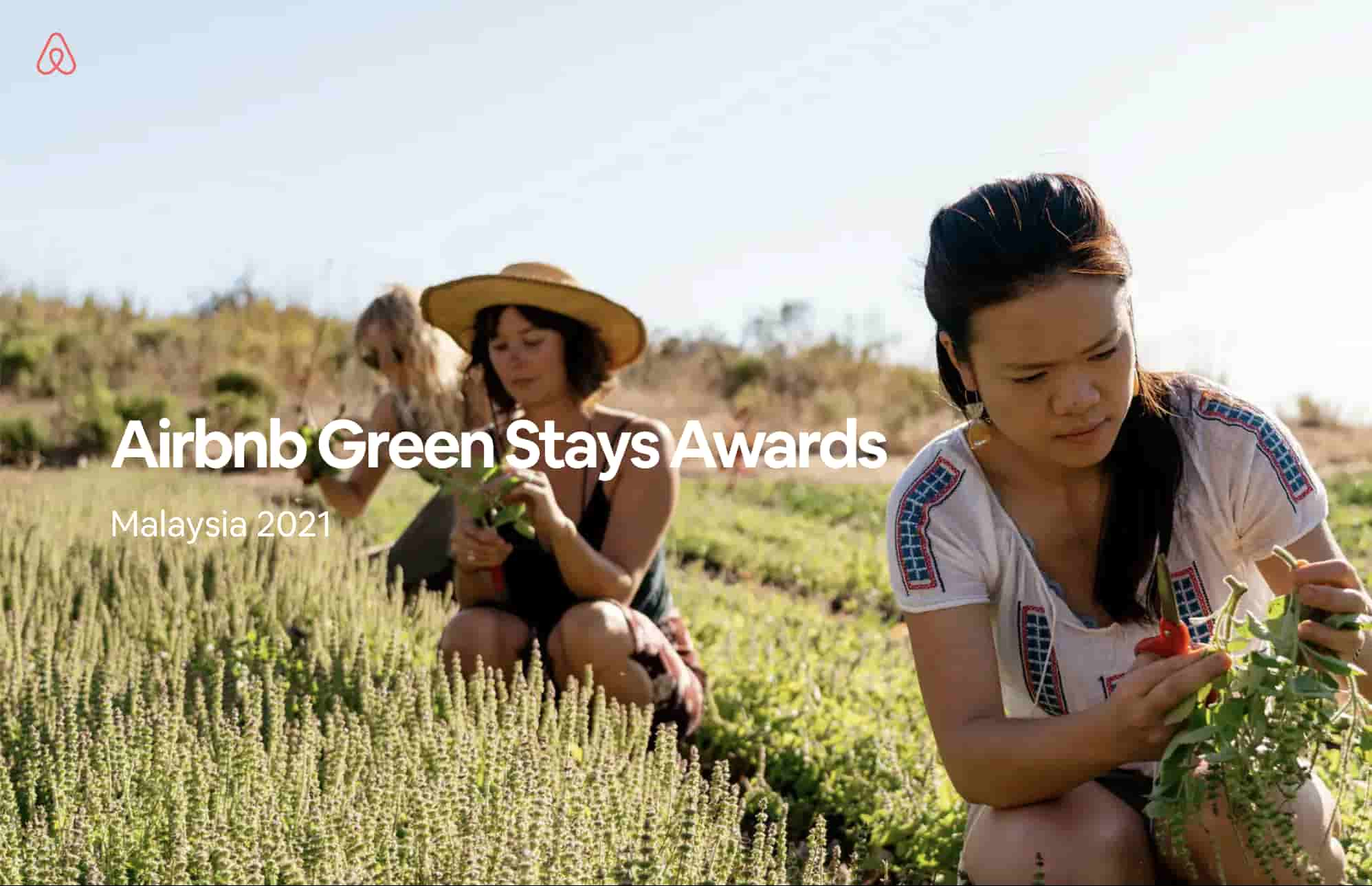Airbnb Collaborated with GSTC for Green Stays Awards
Airbnb collaborates with the Global Sustainable Tourism Council (GSTC), Malaysian Green Technology and Climate Change Centre (MGTC) and Ecotourism and Conservation Society of Malaysia (ECOMY) to launch Airbnb’s Green Stays Awards in Malaysia.
The Airbnb Green Stays Awards aims to celebrate and recognise small, local tourism accommodation providers in Malaysia who have incorporated sustainability practices into their daily operations and hospitality offerings. The Awards are based on local sustainability criteria, developed with guidance from ECOMY and GSTC, following the GSTC Industry Criteria. This is part of Airbnb’s ongoing efforts to help rebuild tourism more sustainably and inclusively, in line with the Government’s strategies in the recent 12th Malaysia Plan.
Sustainable Travel in Malaysia
In conjunction with the Awards launch, Airbnb held a virtual panel discussion titled ‘Rebuilding Malaysia Tourism with Sustainable Travel’ with renowned sustainability experts and advocates, including Dr. Mihee Kang, Asia Pacific director for GSTC; Andrew Sebastian, president and CEO of ECOMY; and Maya Karin, Malaysian actress and environmentalist.
According to Dr. Mihee Kang, “There is always room to improve in sustainable tourism where travel requires ongoing practices. The enforcement of sustainable policies should be supported by all key stakeholders as a collective responsibility.” She continues, “Public-private collaboration is emphasized in the GSTC Industry Criteria and GSTC Destination criteria. We believe the public sector should engage with the private sector, including non-government organisations. The private sector should also participate in destination management to discuss opportunities.”
Malaysia Green Stays Awards
Nominations for Green Stays Awards will be scored across a range of criteria, including use of green products, waste management, energy conservation, water conservation and biodiversity conservation.
All recipients of the Airbnb Green Stays Awards will be featured in Airbnb’s upcoming sustainable travel campaign, including a dedicated microsite promoting these Stays. Awardees will also have the opportunity to attend a tailored sustainability workshop and networking session with global experts, who will share best practices and localised inputs on how to further their sustainability practices in the long term.
Dr. Mihee Kang, the Director for Asia-Pacific at GSTC, will partake on the judging panel alongside Airbnb and ECOMY for the inaugural Awards.
“The Green Stays Awards are a significant step towards defining standards for sustainable tourism in Malaysia and across the Asia Pacific region, ” says Dr. Mihee Kang at the launch of the Airbnb Green Stays Awards in Malaysia. “As a global Airbnb partner, GSTC is pleased to be part of this joint effort to launch Airbnb’s first-ever green travel accommodation awards. The conversation on sustainable travel is one that all industry players should be part of, and it is particularly timely as we work to rejuvenate the tourism sector.”
The GSTC Criteria
The Global Sustainable Tourism Council (GSTC) was created jointly by UN agencies, prominent international conservation NGOs, and leading hospitality and tourism companies to develop global baseline standards for sustainability in travel and tourism – the GSTC Criteria. The Criteria are used for education and awareness-raising, policy-making for businesses and government agencies and other organization types, measurement and evaluation, and as a basis for certifications. They are the result of a worldwide effort to develop a common language about sustainability in tourism. There are two sets: Destination Criteria for public policy-makers and destination managers, and Industry Criteria for hotels and tour operators. Both sets are arranged in four pillars: (A) Sustainable management; (B) Socioeconomic impacts; (C) Cultural impacts; and (D) Environmental impacts (including consumption of resources, reducing pollution, and conserving biodiversity and landscapes). Since tourism destinations each have their own culture, environment, customs, and laws, the Criteria are designed to be adapted to local conditions and supplemented by additional criteria for the specific location and activity.





